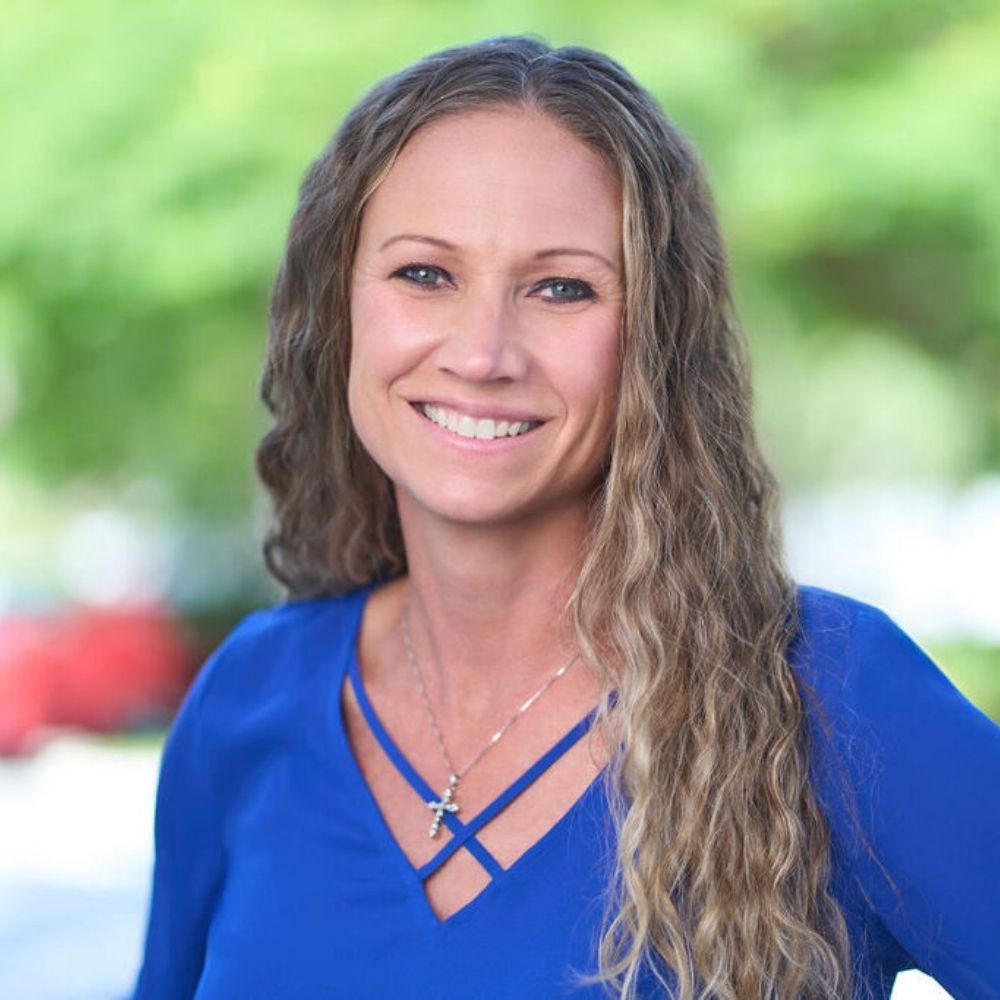for providers
Contact Form - Providers Page
"*" indicates required fields
At Galen Hope, we deeply value the trust it takes to refer a client. With over 20 years of experience in the field, our team of experts understands the responsibility that comes with your referral. We consider it a privilege to partner with you in supporting your client’s journey toward healing.
why partner with galen hope?
Referring to Galen Hope means more than connecting someone to treatment, it means becoming part of a community built on collaboration, compassion, and respect. Together, we share the goal of helping each client find lasting healing and hope.
Developed and led by experts:
Developed by experts Wendy Oliver-Pyatt, MD, and Amy Boyers, PhD, our innovative programs deliver whole-person, individualized care through an experienced, physician-led, multidisciplinary team, meeting each client exactly where they are: emotionally, clinically, and developmentally.
“Would absolutely send a client there! I just toured over the weekend. Their staff is wonderful and they 100% care about the client’s well-being.”
Read More
“As an eating disorders specialized medical provider, the experience I had with getting a long-term client into Galen Hope was nothing short of exceptional. I have been in the field for 15 years and have never had such a positive experience like this with any other...”
Read More
“I have only the most positive things to say. The programs are run impeccably by very experienced clinicians. Wendy Oliver-Pyatt and Amy Eisenberg Boyers are of the highest caliber and have infused their programs with their high standards.”
Read More
“I highly recommend this program. Our clients have had very good experiences.”
Read More
“Excellent choice for any client. Particularly wonderful for a complex client. They meet the needs of very difficult cases. Don’t hesitate to refer a client to their care.”
Read More
“My clients have all had good experiences there. They really dig deep and go the extra mile for their clients. Highly recommend!”
Read More
“Highly recommend them. I found out about Galen Hope through SHE RECOVERS and they take great care in connecting with providers and resources that are trauma-informed and holistic in their approach. They do fantastic work.”
Read More
“I highly recommend them! Great clinicians and collaboration with outpatient team!”
Read More
what sets galen hope apart?
- Whole-Person, Integrated Care. We care for the whole person, addressing not only the eating disorder or mental health condition, but also the emotional, relational, and developmental needs that shape recovery.
- Psychiatrist-and Psychologist-Led Care. Our programs are guided by seasoned psychiatrists and psychologists who bring clinical expertise, research-backed approaches, and decades of leadership in the treatment of eating disorders and mental health.
- Collaboration with Providers. We know how important your relationship with your client is. From the first call, we welcome your insights and keep you involved. Expect consistent, high-touch communication throughout treatment, ensuring coordinated and continuous care from admission through discharge.
- Trauma-Informed, Evidence-Based Approach. Our team provides highly individualized, trauma-informed treatment that integrates real-world reintegration. We have a proven ability to treat complex psychiatric and medical comorbidities, including OCD, PTSD, dissociation, psychotic disorders, ARFID, and ASD.
- Truly Individualized Treatment Planning. With low caseloads and high-touch support, we foster meaningful therapeutic relationships and tailor care plans to each client’s unique needs and strengths.
- Complex Case Expertise. We welcome high-acuity and underserved presentations, including severe anxiety, dissociation, and recurrent admissions. We welcome complex presentations—clients who may not fit neatly into “ED-only” or “MH-only” programs. Our team provides care for a wide range of eating disorders and mental health diagnoses, tailoring every aspect of treatment to each individual’s needs.
- Community Integration. Community Integration Model to support sustainable, real-world recovery and shift away from patient-blaming.
- Intensive Family Programming. Healing happens in connection. We include families every step of the way through weekly family therapy, family coaching, multi-family support groups, Family Days, and extensive family education.
connect with us
If you have questions about our programs or would like to learn more about referring to Galen Hope, our Business Development team is here to help:



